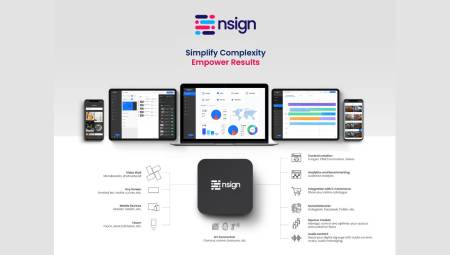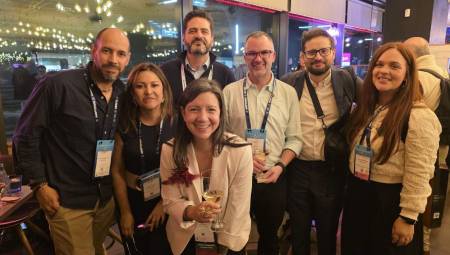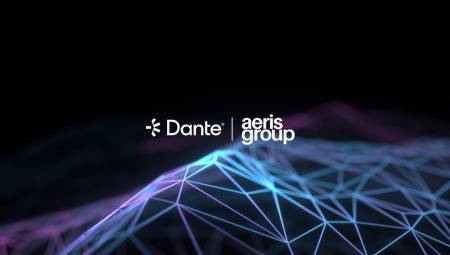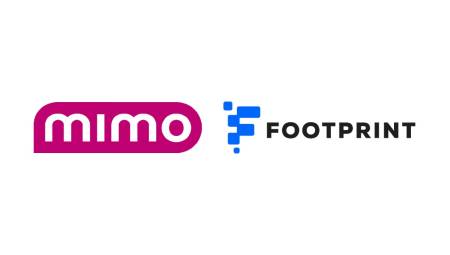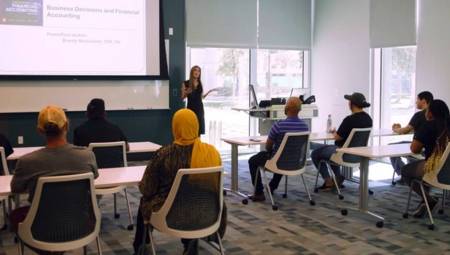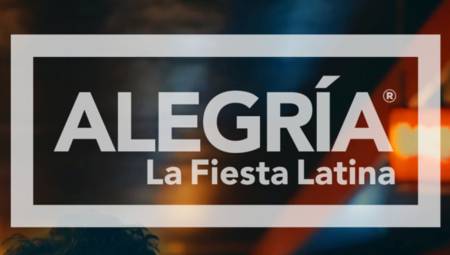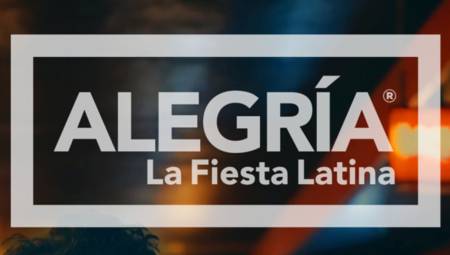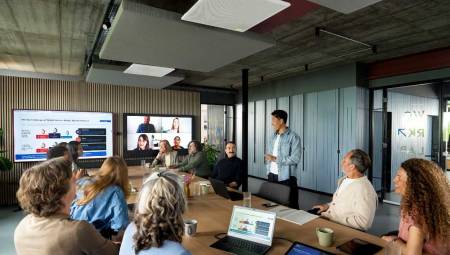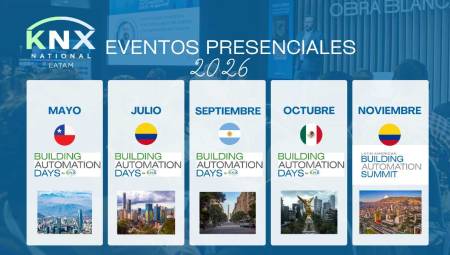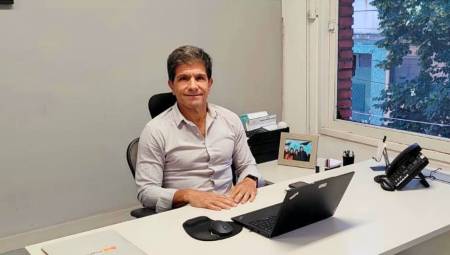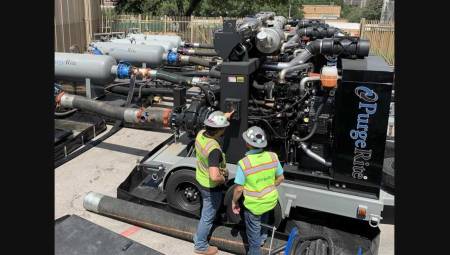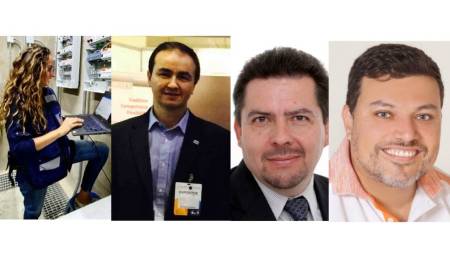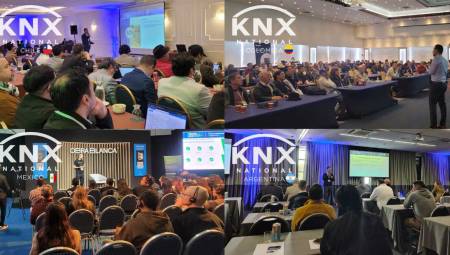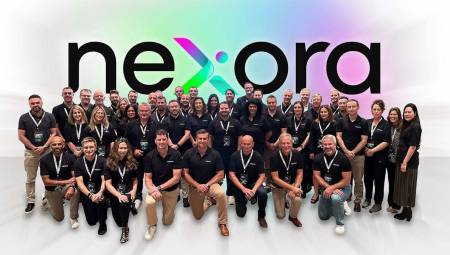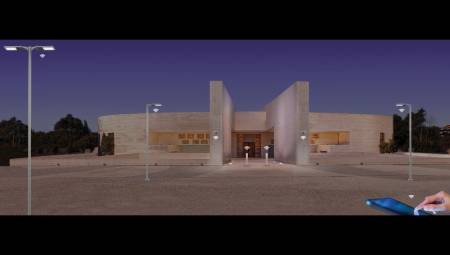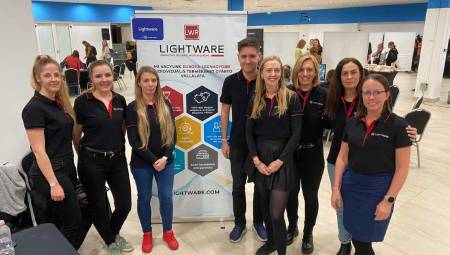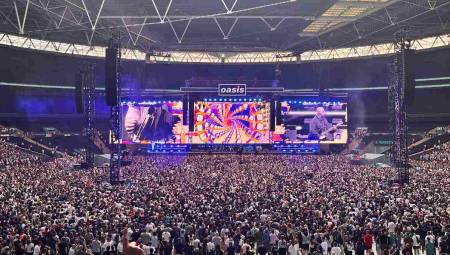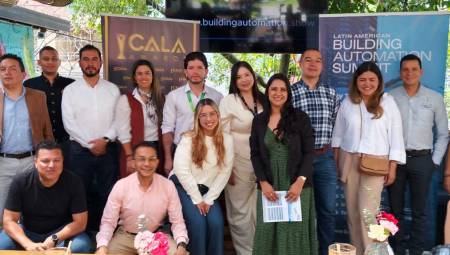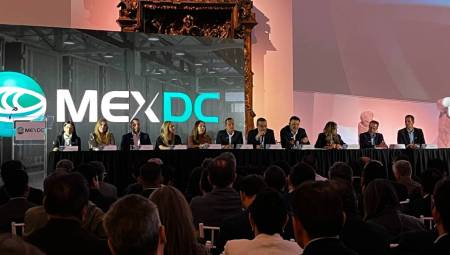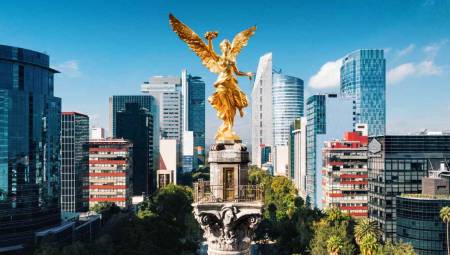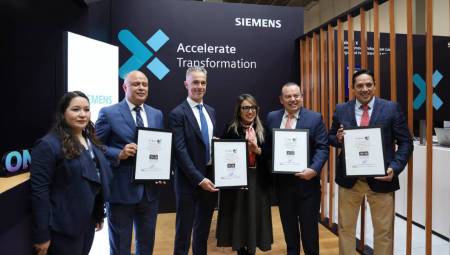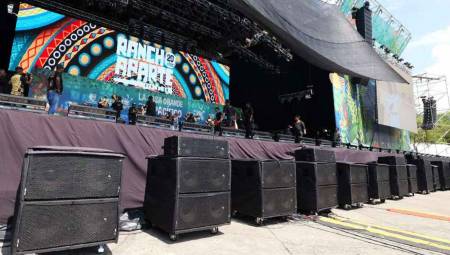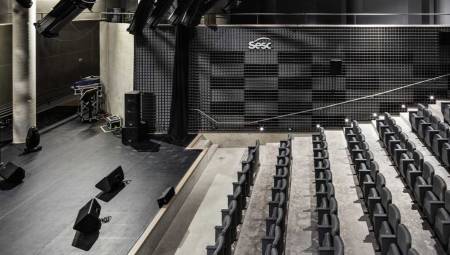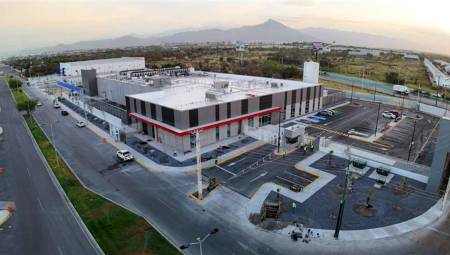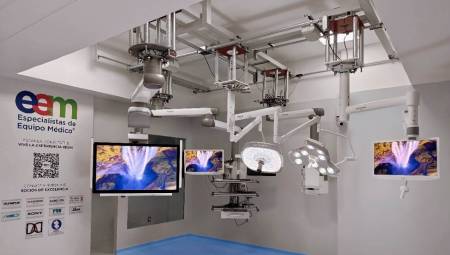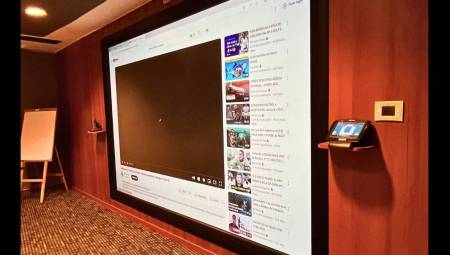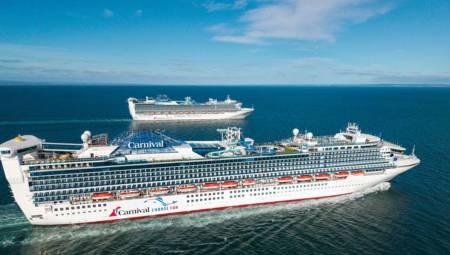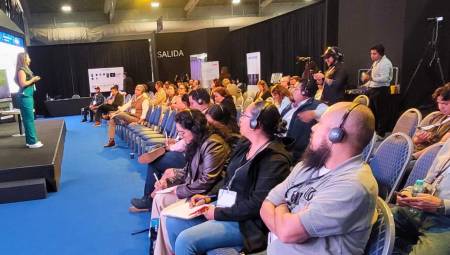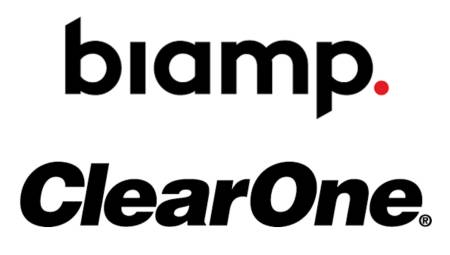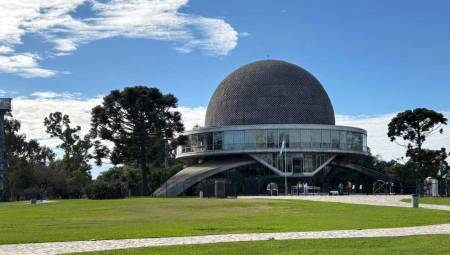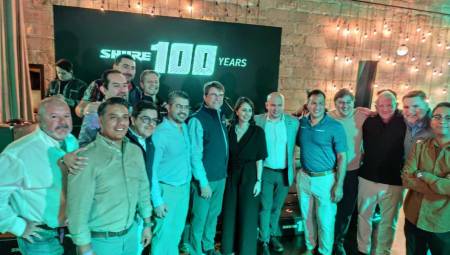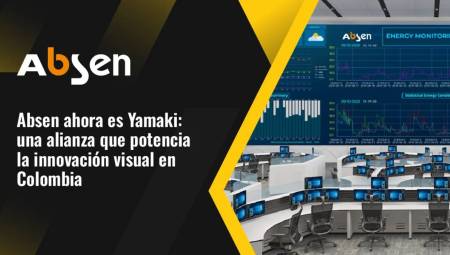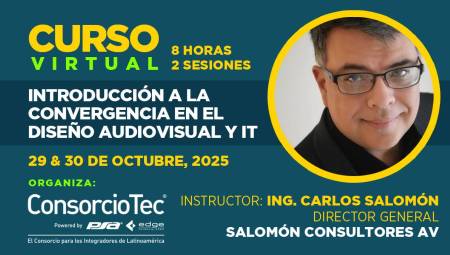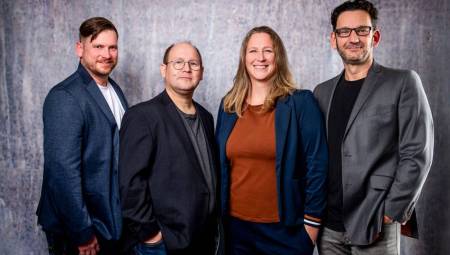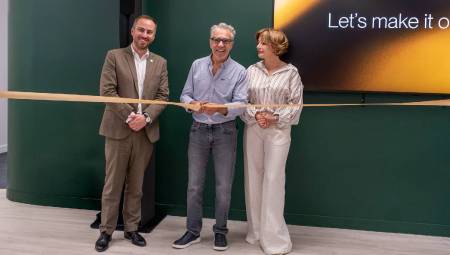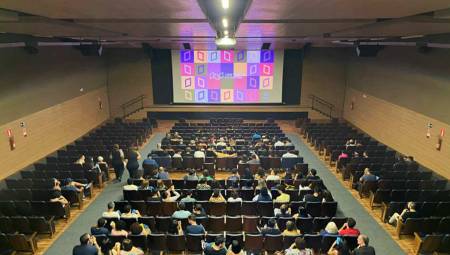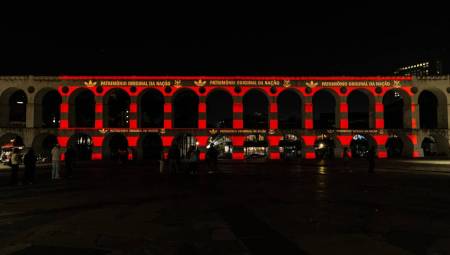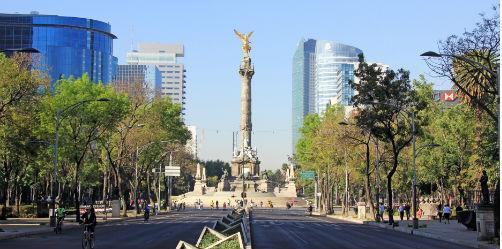 Mexico. In Copenhagen there is an exchange of data that is not only used to provide better public services, it is also offered as an open data market for private companies and citizens, who can buy and sell them to improve their environment and economy.
Mexico. In Copenhagen there is an exchange of data that is not only used to provide better public services, it is also offered as an open data market for private companies and citizens, who can buy and sell them to improve their environment and economy.
In early June I had the pleasure of finding a similar effort being developed in Mexico City. This is the Laboratory for the City, a new smart city project initiated by the Mayor, Miguel Ángel Mancera. It is an urban innovation laboratory where young creatives inside and outside government can invent and test new ideas and technologies. The founder and director of the Mexico City Laboratory is Gabriela Gómez-Mont.
She believes that Mexico City can serve as an example to address urban problems in other cities in the country and the region. With a population of 21 million people, ten times the population of Copenhagen, Mexico City is among the top ten mega cities in the world and has all the problems we have to solve if we want to have smarter, safer and healthier cities.
Gabriela believes that future solutions will come from the youth of Mexico, she promotes seminars, scholarships and Hack-a-thons to involve them in creating solutions that address urban problems. It is also creating an open data platform, collecting information from government agencies, which have been reluctant to share. This foundation aims to create applications to help people locate services such as finding free clinics.
One example is Traxi a smartphone app that was developed by this group of young people to provide safer use of taxis. In Mexico City there are many pirate taxis in which crimes have been committed against passengers. Traxi wants to allow the passenger to verify the taxi registration by typing the license plate number or by taking a snapshot of the license plate, which is consulted in the city data.
If the passenger chooses to ride in an unregistered taxi, the app includes a panic button that sends an alert to the police department in case of problems. Applications like this adapt to the unique needs that this city lives. This effort is modest compared to the city of Copenhagen's data sharing, but it's a start in the right direction.
In reality, this city has pioneered the region in several areas associated with smart cities and emerges as a leader in Latin America. He has also been an early player in promoting smart and green buildings.
One of the biggest problems facing this megacity is traffic congestion which is causing an increase in smog pollution and lost worker productivity. Mexico City is surrounded by mountains that create a thermal inversion, by trapping air pollutants. This spring Mexico City is experiencing the worst pollution levels in 11 years.
Our offices are located in the Santa Fe area of the city, where there is less pollution. However, traffic congestion creates another problem in terms of productivity. A recent report from the World Resources Institute estimates that a person working in Santa Fe spends, on average, 26 days a year traveling to and from work.
During my visit I had a driver, Fernando, who took me around the city on the first day in a Mazda. The next day, he was driving a Volkswagen. When he told me about the change, he explained that he had to change cars as the city is trying to reduce pollution by restricting the daily number of cars in the city based on the license plate number. A number of municipal administrations have tried to reduce congestion by building double-decker roads for cars, metro, bus and urban train systems.
Another problem in building a smart city is the lack of readily available Wifi and cellular access. While Wi-Fi is available at establishments such as Starbucks and hotels, it is not readily available in public places.
Text written by: Hu Yoshida, CTO Hitachi Data Systems.









